Latest DePIN News

13 days ago
GEODNET Testifies Before Congress on Decentralized Infrastructure
On April 10, 2025, Mike Horton, the project creator of GEODNET, delivered a significant testimony before the U.S. Congress, representing both GEODNET and the broader Decentralized Physical Infrastructure Networks (DePIN) ecosystem. His presentation highlighted the transformative potential of blockchain-powered DePINs, which are already making strides in providing scalable and cost-effective infrastructure solutions across critical sectors such as internet connectivity, precision navigation, and renewable energy. This testimony marks a pivotal moment in the recognition of decentralized technologies by U.S. policymakers.
The growing acknowledgment from government officials underscores the increasing importance of decentralized technologies in addressing infrastructure challenges. Horton’s testimony not only showcased the achievements of GEODNET but also emphasized the broader implications for the DePIN ecosystem. The ability of these networks to deliver essential services efficiently and sustainably is a testament to the innovative capabilities of blockchain technology, which is gaining traction in various sectors.
This event serves as a proud milestone for those involved in the development of decentralized infrastructure. It acts as a powerful motivator for stakeholders committed to building the future of infrastructure through decentralized solutions. As the momentum behind these technologies continues to build, it is clear that the integration of blockchain into physical infrastructure is set to play a crucial role in shaping a more connected and sustainable future.
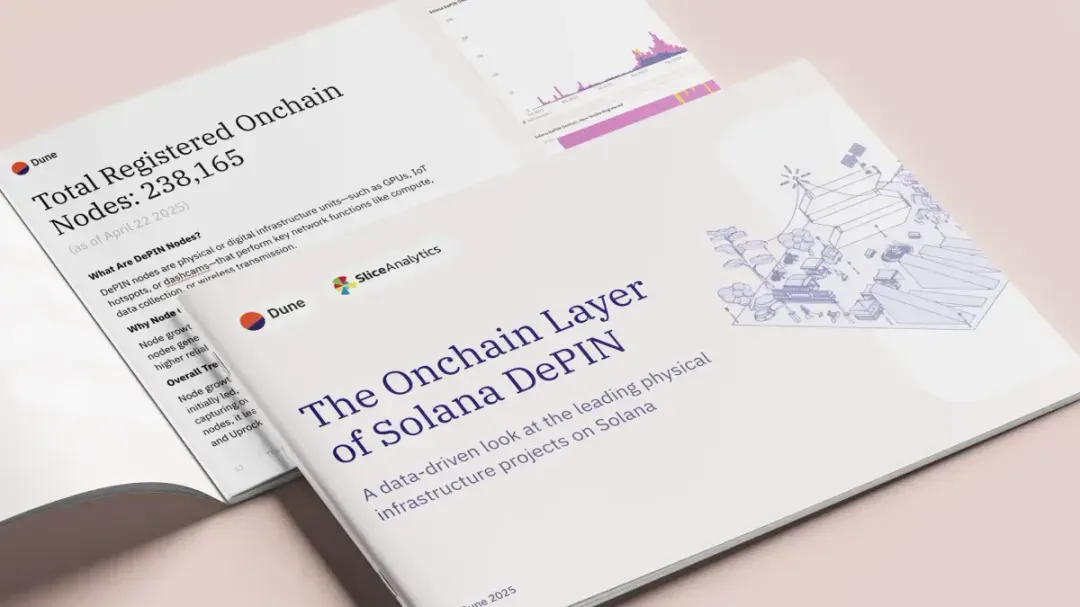
13 days ago
Solana Emerges as Leader in DePIN Projects: A Comprehensive Analysis
The latest research report from Dune and Slice Analytics presents a comprehensive analysis of the Decentralized Physical Infrastructure Network (DePIN) projects on Solana, highlighting their development status, market performance, and on-chain data. DePIN is emerging as a transformative model that utilizes cryptocurrency incentives to operate real-world infrastructure, such as shared GPUs and telecommunications networks. Solana has positioned itself as a leading platform for these projects due to its high throughput and low transaction costs, making it an ideal environment for the growth of DePIN applications. As of April 2025, the total market value of DePIN projects on Solana reached $3.25 billion, surpassing other blockchain platforms significantly.
The report categorizes DePIN projects into five main segments: Compute, Wireless, Sensor, Server, and AI, with the Compute category dominating the market at 71.2%. Projects like Render and Helium are leading the way, providing decentralized processing power and wireless connectivity, respectively. The growth of registered on-chain nodes for DePIN projects on Solana has also been notable, reaching 238,165 by April 2025. Helium, in particular, has seen rapid growth in its mobile user base and node deployment, while Render and Hivemapper continue to expand their contributions to the ecosystem.
As the cryptocurrency industry matures, on-chain revenue has become a crucial metric for evaluating the sustainability of these projects. By April 2025, the total on-chain revenue for DePIN projects on Solana reached $5.98 million, indicating a strong product-market fit. Helium emerged as the top earner, while Render and Hivemapper also demonstrated significant revenue generation. The report underscores Solana's dominance in the DePIN space and emphasizes the importance of transparency in tracking on-chain activities, which remains a challenge due to the reliance on off-chain hardware and third-party integrations.
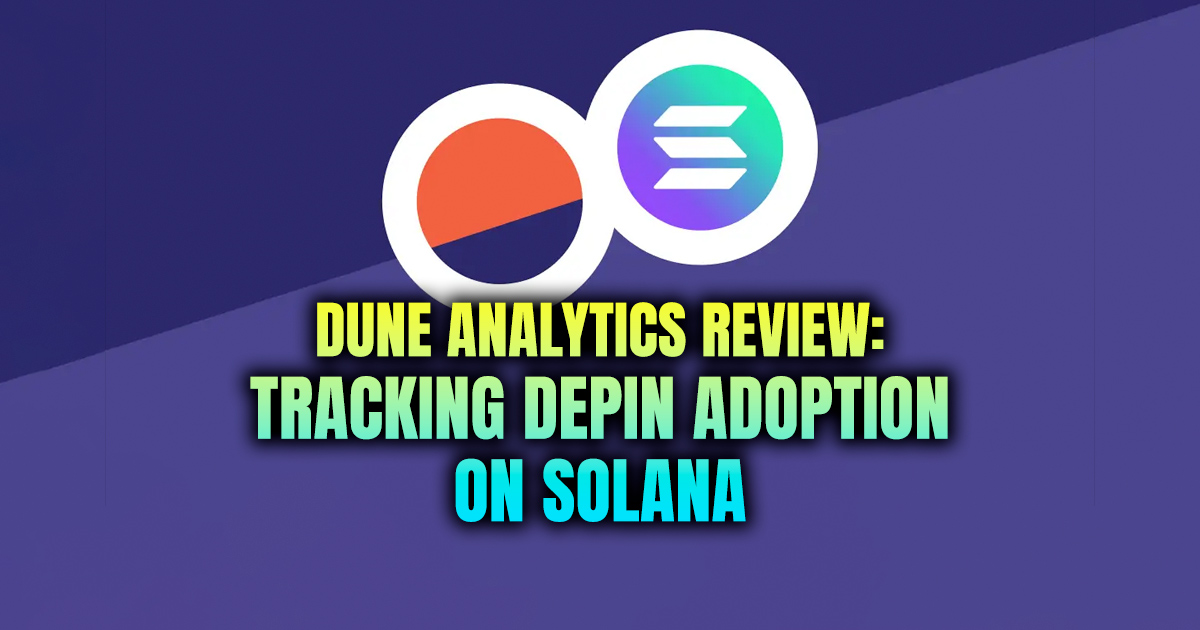
13 days ago
Solana's DePIN Ecosystem: A New Era of Decentralized Infrastructure
The Solana ecosystem is witnessing a surge in decentralized physical infrastructure networks (DePIN), particularly following the Solana Crossroads event in Istanbul. Developers are leveraging blockchain technology to build innovative infrastructure, including wireless networks and AI capabilities. One standout project is the Render Network, which is creating a decentralized platform for 3D creators and AI developers to access global GPU power without relying on centralized servers. Recent on-chain data reveals that Render Network has achieved peak revenues of $300,000 per week, with over 121 million RNDR tokens burned, indicating strong user engagement. The platform integrates with popular industry tools like Blender and Arnold, and contributors have earned more than 2.4 million RNDR tokens in rewards, showcasing the potential of decentralized computing.
Another notable player in the DePIN space is Nosana, which is revolutionizing AI task processing by decentralizing inference. Instead of depending on major cloud providers like AWS, Nosana enables node operators to handle AI workloads. Since its mainnet launch in January 2025, the number of daily active nodes has more than doubled to over 600, with a total of 4,200 nodes operating across more than 60 countries. This global reach highlights how Nosana is meeting the increasing demand for AI processing in a community-driven manner, further solidifying the role of DePIN in the evolving tech landscape.
Lastly, UpRock is tapping into the potential of mobile devices by allowing users to share bandwidth and computing power in exchange for crypto rewards. Users are reportedly earning over $1,500 weekly, with a focus on mobile-first DePIN solutions. UpRock employs on-chain buybacks to sustain contributor rewards, emphasizing its commitment to advancing the DePIN movement. Overall, Solana's DePIN ecosystem is not only thriving but also demonstrating that the future of crypto lies in building essential tools that enhance everyday life, rather than merely trading assets.
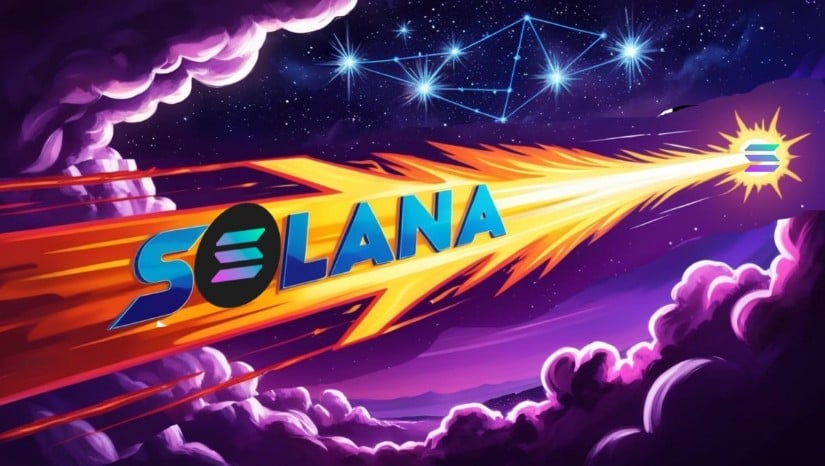
14 days ago
Solana's Bullish Momentum: Transfer Volumes and Capital Inflows Drive Price Predictions
Solana is experiencing a significant bullish momentum, driven by increased transfer volumes, capital inflows, and a strong presence in the DePIN market. Recent data indicates that Solana has moved approximately $28.07 billion in transfer volume over the past 30 days, surpassing both Ethereum and BNB. This surge not only highlights Solana's growing real-world usage but also strengthens the bullish case for its native token, $SOL. As market sentiment shifts towards risk-on, analysts are optimistic about Solana's price potential, with targets set between $170 and $180.
In addition to impressive transfer volumes, Solana has seen a remarkable capital inflow of $4.72 billion in just one week, bringing its total capital to $9.46 billion. This marks the highest level since March and signals a resurgence of confidence in the network. Analysts suggest that this influx reflects rising institutional interest and liquidity, further bolstering the bullish narrative surrounding Solana. The recent breakout from a falling wedge pattern reinforces this optimism, with expectations of continued upward momentum if the price holds above key resistance levels.
Moreover, Solana's dominance in the DePIN market has reached 46.5%, showcasing its potential for future growth. With only 17 Solana-based assets compared to 70 on EVM chains, this dominance suggests that Solana is well-positioned for price appreciation. As the network aligns both technical and fundamental factors, analysts predict that if Solana maintains its momentum, it could reach new heights, potentially exceeding $220 in the near future. The combination of rising transfer volumes, significant capital inflows, and DePIN market leadership sets the stage for Solana's continued success in the coming months.
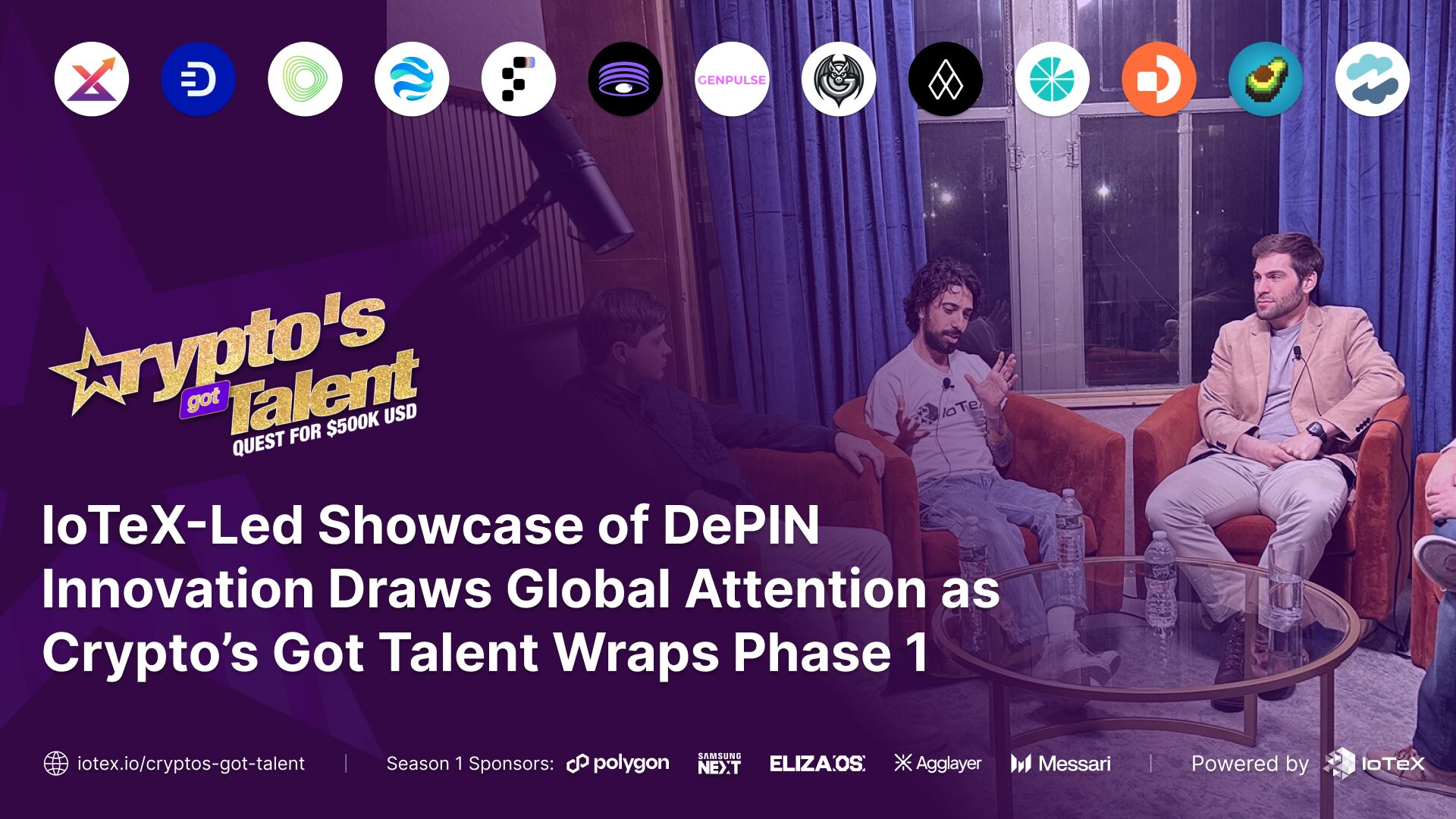
14 days ago
Crypto’s Got Talent Concludes Phase 1, Showcasing DePIN Innovations
On April 30, 2025, Crypto’s Got Talent (CGT) concluded its first phase, showcasing a groundbreaking live talent show dedicated to the Decentralized Physical Infrastructure Networks (DePIN) movement. Powered by IoTeX in partnership with Polygon Labs and ElizaOS, CGT has redefined the traditional grant process by offering enhanced visibility, transparency, and community engagement. The event garnered significant attention, with over 190,000 impressions and 40,000 live views per episode, culminating in nearly 3,000 community votes. Eleven exceptional projects have progressed to Phase 2, where they will present detailed demos for a chance to secure a $500,000 grant.
CGT is not merely a talent show; it serves as a global launchpad for innovators and creators. Jing Sun, Co-Founder of IoTeX, emphasized the importance of this platform, stating that it connects real-world problems with innovative solutions. The semi-finalists, including Nubila, DeCharge, and JamGalaxy, were evaluated by prominent figures in the Web3 ecosystem, such as venture capitalists and DePIN experts. Giuseppe De Luca, Head of Developer Relations at IoTeX, highlighted the significance of developers in the Web3 landscape, noting that CGT provides them with a vital platform to transform their ideas into impactful movements.
As Phase 2 approaches, live-streamed demos and in-depth Q&A sessions will allow semifinalists to showcase their projects' market fit and deployment strategies. Evaluations will focus on technical feasibility and real-world adoption potential, with input from both community members and industry leaders. With support from notable organizations like Messari and Samsung Next, CGT is poised to become a premier stage for emerging DePIN startups, fostering innovation and collaboration in the blockchain space.
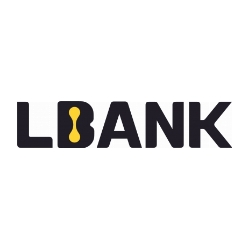
14 days ago
LBank Lists Phoenix (PXT): Bridging AI and Decentralized Infrastructure
On April 24, 2025, LBank Exchange announced the listing of Phoenix (PXT), a new digital asset designed to bridge the gap between Artificial Intelligence (AI) and decentralized physical infrastructure networks (DePIN). The PXT/USDT trading pair is now available, marking a significant step in the evolution of Web3. Phoenix aims to provide a modular and scalable framework for developing AI agents and intelligent applications directly on the blockchain, enhancing user interaction with digital assets and decentralized governance.
Phoenix's ecosystem is built on the principles of composability and accessibility, allowing developers and users to create autonomous agents and decentralized applications with minimal technical barriers. The integration of AI with DePIN transforms decentralized networks into programmable economies, enabling AI agents to engage in value creation and resource coordination autonomously. This innovative approach addresses critical limitations in the current Web3 landscape, such as cross-chain interoperability and the complexity of onboarding non-technical users, while enhancing the real-world utility of decentralized systems.
The native utility token, PXT, plays a vital role in the Phoenix ecosystem, facilitating economic interactions and incentivizing participation among developers, agents, and users. With a total supply of 21 billion PXT tokens, the distribution includes community incentives, ecological development funds, and allocations for team support and strategic partners. This tokenomics model not only fuels transactions and dApp operations but also fosters a sustainable DePIN economy, allowing for staking and cross-chain economic activities. Phoenix is poised to drive the next wave of adoption at the intersection of AI, DeFi, and digital infrastructure.
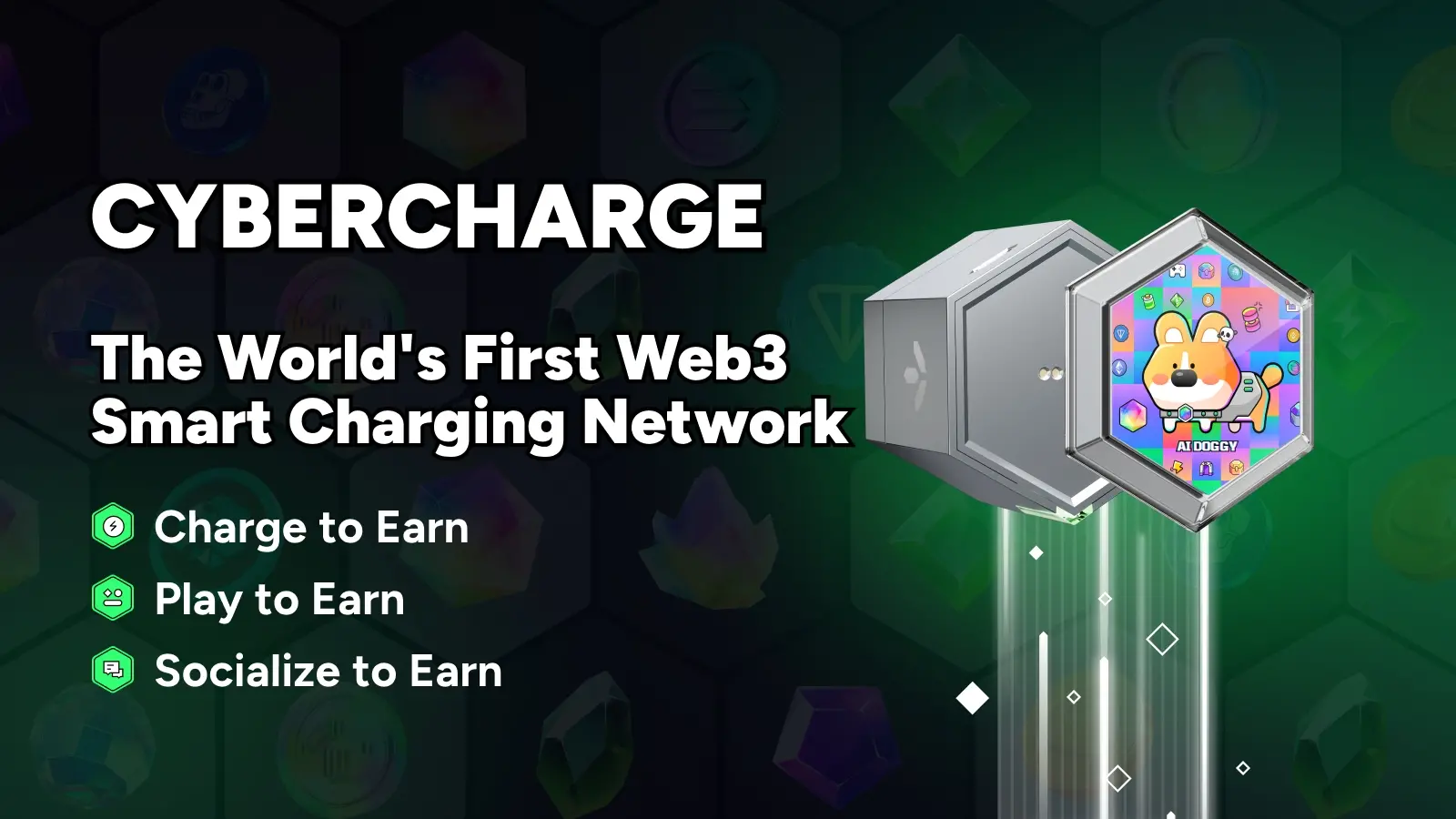
14 days ago
The Rise of DePIN: Innovations and Challenges in 2024
In 2024, the DePIN sector is witnessing a significant surge in interest, as highlighted by Messari's State of DePIN 2024 report. Over 13 million devices are actively participating in various DePIN networks daily, with the total market capitalization of related tokens exceeding $50 billion. Despite this growth, the sector's current scale is modest compared to its potential trillion-dollar market. The report notes that 20 DePIN projects have surpassed 100,000 active nodes, with five exceeding one million. However, these projects face ongoing challenges in demand generation and monetization, which are critical for sustainable growth.
Helium, a pioneer in the DePIN space, continues to enhance its network through upgrades and expansions. Following its migration to the Solana chain, Helium saw a rise in IoT hotspots to 32,900 and 5G mobile hotspots to 24,800 by Q4 2024. The partnership with traditional telecom operators has significantly improved network utilization, with Helium offloading over 576 TB of data traffic, marking a 555% increase quarter-over-quarter. Despite these advancements, the DePIN sector struggles with high hardware costs, cold start challenges, node quality issues, and inadequate Sybil resistance mechanisms, which hinder its overall market performance.
Emerging projects like CyberCharge are exploring innovative solutions to address these challenges by lowering barriers to entry. CyberCharge has introduced a decentralized charging network with a Charge-to-Earn model, allowing users to earn crypto rewards through everyday charging activities. This approach not only makes participation accessible but also enhances user engagement through interactive features. As the DePIN sector evolves, the focus on real-world applications and sustainable business models will be crucial for attracting users and fostering long-term demand. The future of DePIN looks promising, with the potential for significant growth as it integrates blockchain technology into everyday infrastructure.
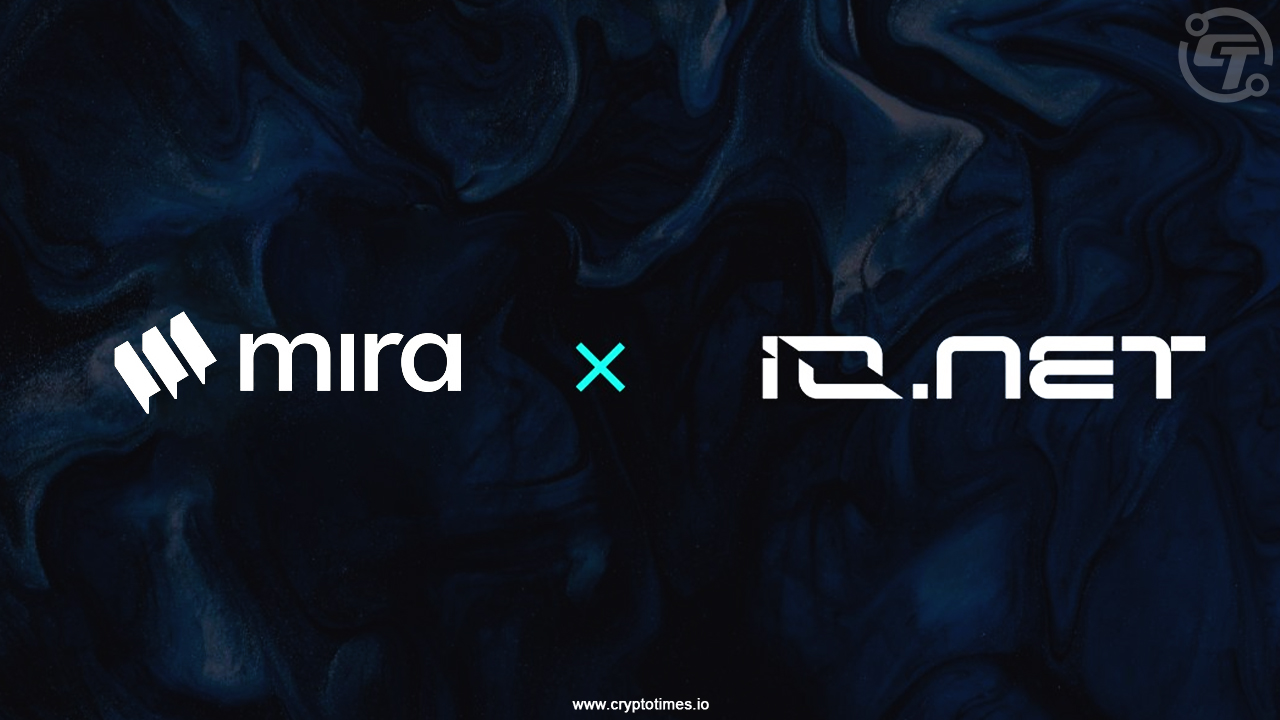
15 days ago
io.net and Mira Network Forge Partnership to Enhance AI Reliability
In a significant development for the decentralized AI landscape, io.net, a DePIN for GPU compute, has announced a strategic partnership with Mira Network. This collaboration is set to tackle the pressing challenges of AI accuracy and reliability, aiming to create scalable and decentralized solutions for advanced AI applications. By leveraging io.net's decentralized GPU infrastructure, Mira Network intends to enhance its operations while simultaneously reducing costs and latency, thus paving the way for more efficient AI implementations.
A key component of this partnership is the support for Mira Network's Node Delegator Program, which allows contributors to delegate GPU resources. This initiative lowers the technical barriers for individuals and organizations eager to engage in the decentralized AI ecosystem, enabling them to support Mira's consensus operations while earning network rewards. As AI technology continues to evolve, the partnership seeks to ensure that AI can deliver consistent, reliable, and unbiased insights, a sentiment echoed by Tausif Ahmed, Chief Business Development Officer at io.net.
The urgency of addressing AI's accuracy challenges is underscored by the current error rates that can reach up to 30% in tasks requiring advanced reasoning. Mira Network aims to mitigate this issue through innovative developments that evaluate AI-generated outputs across various models. Their new integrations have reportedly reduced first-pass mistakes to below 5%, with aspirations to achieve error rates of less than 0.1% through ongoing research. Stone Gettings, Head of Growth at Mira Network, emphasizes that the partnership with io.net will be crucial in further decentralizing their network and providing users with access to reliable GPU resources, thereby accelerating AI adoption in various sectors.

15 days ago
DePIN: A Decentralized Solution for Internet Connectivity During Power Outages
In recent times, millions have experienced power outages and internet disruptions, prompting a critical question: How can we maintain internet connectivity during such crises? The answer may lie in Decentralized Physical Infrastructure Networks (DePIN), which leverage blockchain technology to create community-owned systems that provide essential services like wireless internet, energy, and storage. Unlike traditional networks that rely on centralized servers, DePIN distributes responsibility across numerous independent nodes, enhancing resilience and reducing the risk of total system failure during outages.
DePIN is gaining traction as a viable alternative to conventional infrastructure, especially highlighted by events such as the 2021 Texas winter blackout, where decentralized solutions helped maintain connectivity in some areas. In 2024 alone, investments in DePIN projects exceeded $850 million, indicating a growing recognition of their importance beyond mere connectivity. Projects like Helium, which utilizes user-operated hotspots, and others such as WiFi Map and Nodle are at the forefront of this movement, ensuring that networks remain operational even when traditional power lines fail.
The momentum behind DePIN is accelerating, with leading networks experiencing steady growth and approaching all-time highs. These systems are designed to operate on low energy and can utilize alternative power sources, making them particularly effective in power-starved environments. When combined with satellite solutions like Starlink, DePIN has the potential to keep entire communities connected, even in the darkest of times. As the demand for decentralized infrastructure continues to rise, it is clear that DePIN is not just a passing trend but a necessary evolution in how we approach connectivity and energy distribution in our increasingly digital world.

15 days ago
ROVR Network Secures $2.6 Million Funding and Prepares for $ROVR Token Launch
ROVR Network, a pioneering platform in decentralized high-definition 3D mapping, has successfully closed a $2.6 million seed funding round. This funding was co-led by Borderless Capital and GEODNET, with contributions from various angel investors and IoTeX. ROVR, which stands for Robotically Operated Vehicle Research, aims to create the world's first decentralized 3D mapping protocol, providing real-time, regulatory-compliant geospatial data tailored for the autonomous vehicle industry and Spatial AI research. The funds will be utilized to enhance global operations, deploy hardware, and facilitate community-driven data collection.
The ROVR platform is recognized as the first Decentralized Physical Infrastructure Network (DePIN) that integrates LiDAR technology with Real-Time Kinematic (RTK) positioning, achieving centimeter-level accuracy in street-level mapping. This innovative approach offers a scalable, open-source alternative to traditional proprietary HD maps utilized in self-driving vehicles. Alvaro Gracia from Borderless Capital emphasized the significance of ROVR's mapping capabilities, stating that it fulfills a crucial need for automakers in developing driverless systems.
In addition to its funding success, ROVR has expanded its team across North America, Asia, and Europe, and has established a new office in Silicon Valley to enhance partnership development and operational efficiency. The company is also set to launch its $ROVR Token Generation Event (TGE) earlier than planned, with the token now live on the Solana blockchain. This token will play a vital role in incentivizing contributors and facilitating a decentralized data economy, with a deflationary model that includes a burn mechanism linked to data sales, thereby reducing the supply of ROVR and GEOD tokens as ecosystem activity increases.
Signup for latest DePIN news and updates